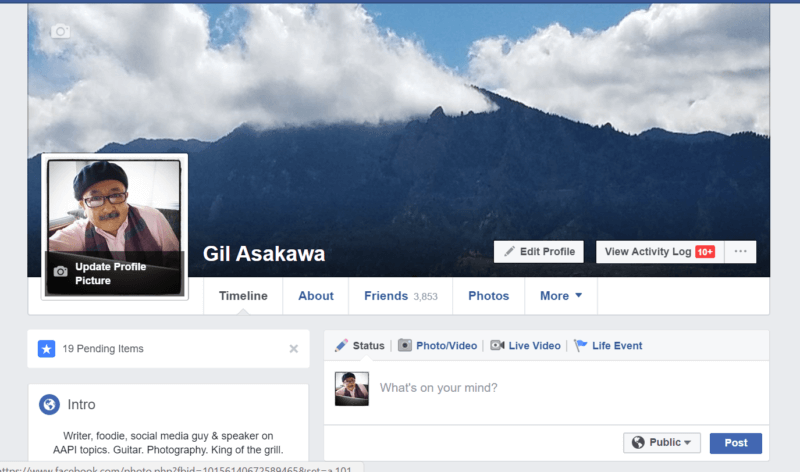One of the great benefits of today’s social media – and why I urge everyone, young and old, to at least be on Facebook – is that it can connect you to people you know, people you don’t know, and maybe most surprisingly, to people you used to know.
When baby boomers starting logging into Facebook about a decade ago, I was happy to reconnect with former co-workers and friends from the past, and to people from my school days, both college and high school.
I’m Facebook friends with a host of classmates and friends from two high schools. I attended 8th-10th grade in northern Virginia before my family moved to Colorado and I finished school in a Denver suburb.
But Facebook can have its downside (besides being a time-suck that can take over your life). Sometimes, old friends may have traveled in different directions from my own path.
Such is the case with John, who was my schoolmate in Virginia, and now lives in Washington, DC. We weren’t close friends, but knew each other. He was one of the popular kids and I was a nerdy school photographer. He and I became Facebook friends about a year and a half ago, right in time for the Donald Trump presidential campaign.
Anyone who follows me on social media knows I share a lot of stories about race, identity, racism, politics and pop culture, often Asian and Asian American pop culture. Oh, and food. Lots of food pictures.
I’m pretty liberal, though I wouldn’t say radical. John is conservative, and a Trump supporter, though I wouldn’t say alt-right. For months now, John has been commenting on my posts and chiding me for being left-wing, and citing a lot of Fox News and Breitbart rhetoric.
Continue reading











